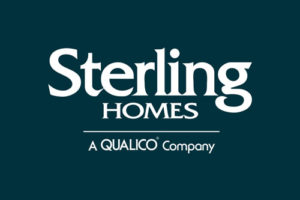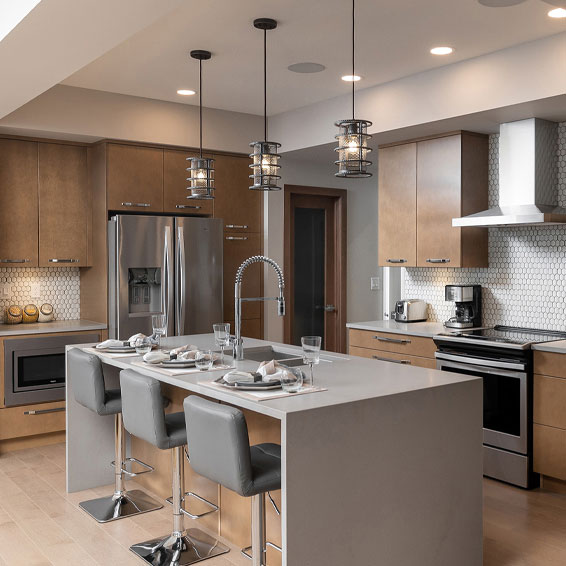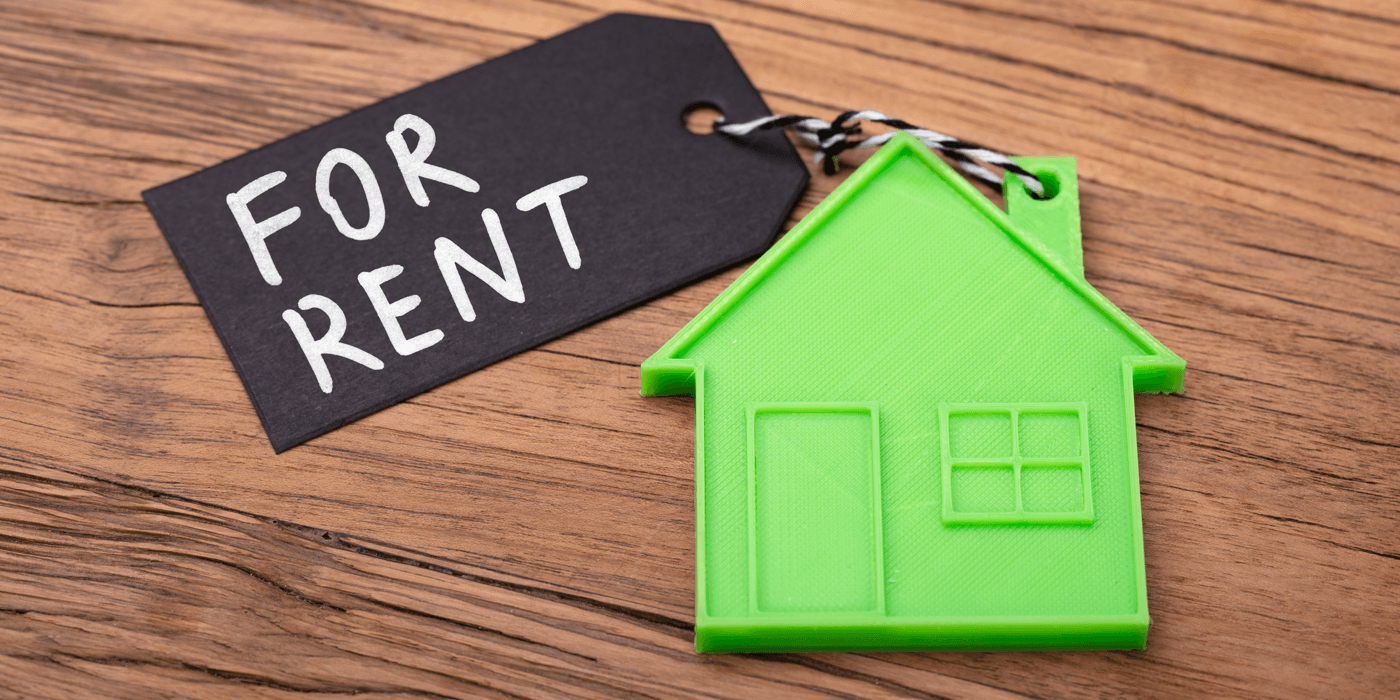
It’s true that more and more people are choosing to incorporate rental units into their new home builds. There are definitely a lot of advantages, and it’s easy to include the costs of building the unit into the original mortgage. However, it may not be the right choice for everyone.
Let’s go over some of the pros and cons of owning rental property so that you can make the right decision for you.
Pro: Extra Income
Probably the most obvious benefit of owning rental property is being able to make an extra income that makes buying a new home more affordable. Sure, you’ll have some costs associated with being a landlord, but the money that you get from your tenant counts as income and gives you the freedom to spend how you like.

Con: Complicated Taxes
On the other hand, the income you earn from a rental property is different than earned income. You’ll have to keep track of your expenses for deductions and save money to pay the taxes at the end of the year because there are no withholding’s coming out of the rent payments. Too many people forget to save a bit from each rental payment and find themselves in trouble at tax time.
You may need to hire a tax professional or pay extra for whichever tax software program you usually use.
Pro: Qualifying for a Higher Mortgage
Banks decide how much they’re going to lend you based on your income. The higher your income, the more money you can borrow for your home. When you have a rental unit, you get to count that money as income. Adding $800 or more to your monthly income can definitely make a big difference. You’ll then be able to use the extra money you can borrow to get some of the upgrades you’ve been dreaming about.
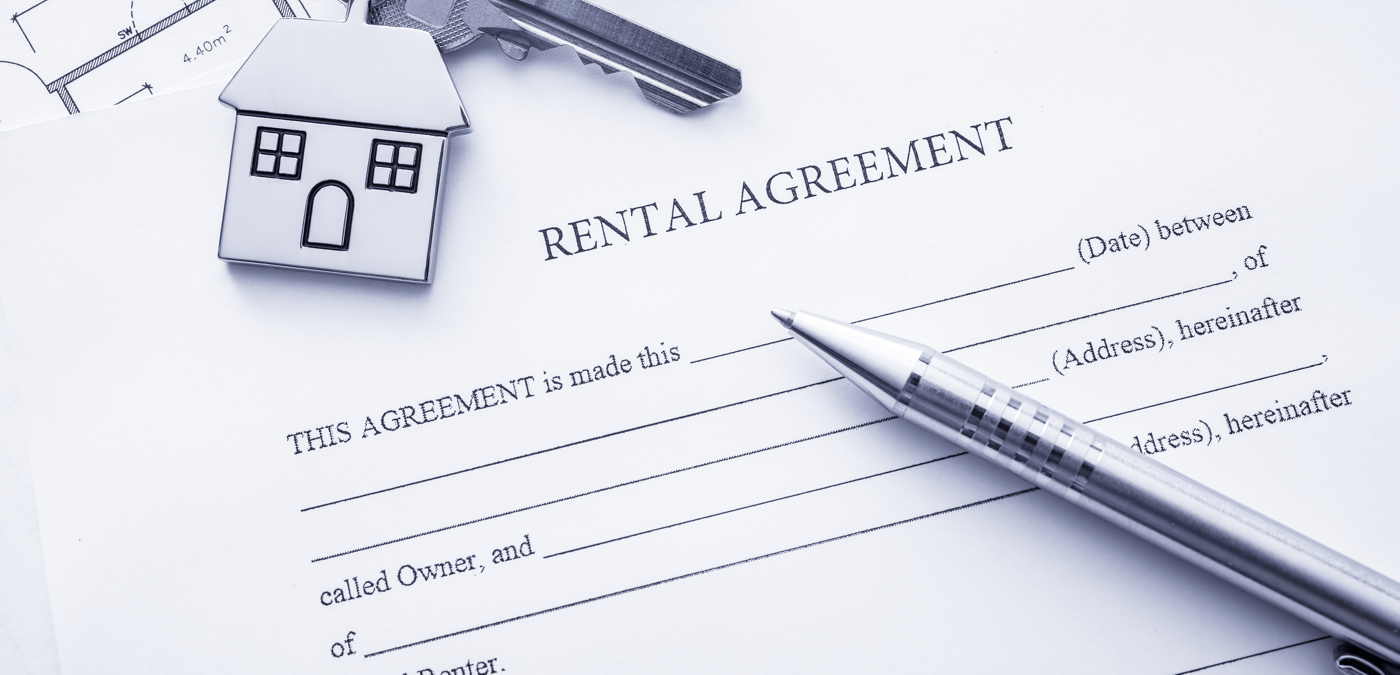
Con: Having to Manage the Property and Tenants
Before you get dollar signs in your eyes, don’t forget that owning a rental property means that you’ll have to take some responsibility for it. You’ll have to go through the rental applications to decide who’s going to be your tenant. If the tenant calls with a problem, you’ll have to take care of it right away. You’ll also have to make sure to collect the rent payments. If the tenant doesn’t pay on time, you’re still responsible for the full mortgage payment.
Pro: Increased Property Value
Having an income suite can make your property more valuable. Even if the next owner doesn’t want to be a landlord, there are still people who like having the extra suite for ageing parents or a college-age kid who wants some autonomy but isn’t financially ready to completely move out.
Con: Finding the Right Buyer
On the other hand, having a separate suite requires a certain type of buyer. The separate entrance required for an income suite can be cumbersome to a family who wants the extra space on their own. Great homes will always sell, but there’s always a chance that it will take you a bit longer to sell the home. Of course, no one knows what the future holds. Having an income suite might mean a quick sale.
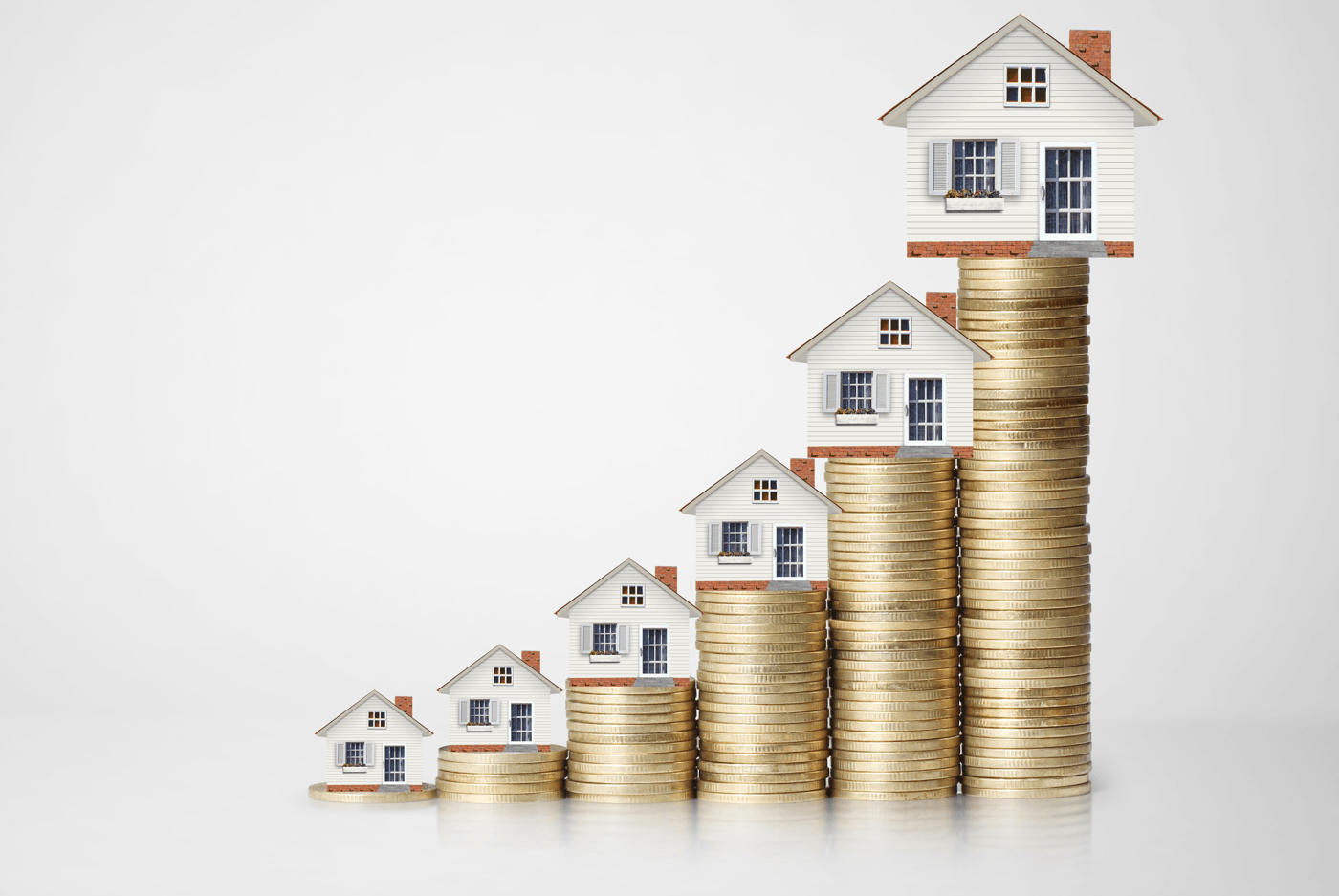
Pro: Boosting Equity
While many people use the rental income to lower the amount they have to pay toward the monthly mortgage payment, you can get even better results if you add extra money on top of the mortgage payment. For instance, if you can afford the $1,500 mortgage payment on your own, and add the $700 rental income to your $1,500, you’re paying an extra $700 a month toward the principal balance. That will significantly increase the amount of equity you have in your home.
This is probably one of the most appealing benefits because it means paying off your home much sooner just by adding a rental suite to your new home build.
Con: Decreased Privacy
Despite the financial benefits, having another person living on your property can decrease the amount of privacy you have. You might feel pressure to turn the TV down a bit so that you don’t disturb your tenant, and you’ll have to share your yard when the weather’s nice. This is likely not an issue if you like the person renting your home, but some people find that they don’t want to share common areas and value their privacy more than being a landlord.
Having a rental unit in your new home certainly has a lot of benefits, but it also requires some sacrifices on your part. If you’re ready to take on the idea of a rental property, then talk to one of our New Home Sales Consultants about how you can add one to your next home.
